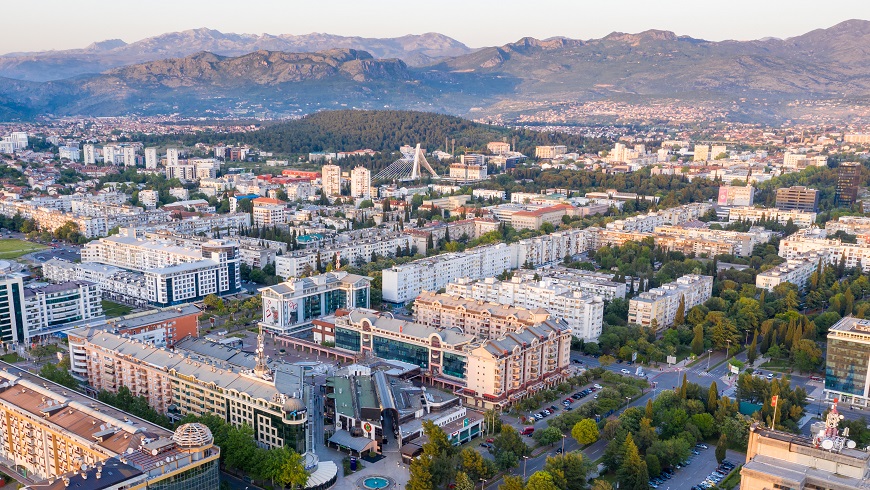In a new report on Montenegro published today, the Council of Europe’s anti-trafficking group GRETA calls on the authorities to improve trafficking victims’ access to justice and compensation, and to ensure that perpetrators are punished.
GRETA acknowledges that progress has been made in some areas since the publication of GRETA’s second evaluation report on Montenegro in September 2016, such as adopting standard operating procedures for the identification of victims of trafficking and setting up a multi-disciplinary identification team. Further, with a view to strengthening the investigation and prosecution of human trafficking cases, the authorities have set up an operational team for combating trafficking in human beings.
At the same time, GRETA urges the authorities to make further steps to guarantee access to justice for victims of trafficking, including by ensuring that the lawyers providing legal aid to victims of trafficking undergo the necessary training and specialisation. The Montenegrin authorities should take steps to guarantee child-sensitive procedures when investigating, prosecuting and adjudicating cases of human trafficking, including measures to ensure a sufficient number of child-friendly interview rooms across the country.
The report notes that none of the victims of trafficking who filed property claims in criminal proceedings have been awarded compensation from the perpetrators, and there were no human trafficking cases in which the defendant’s property was seized or confiscated. GRETA urges the authorities to make concrete efforts to guarantee effective access to compensation for victims of trafficking, including by bringing into force without further delay the Law on Compensation for Damages for Victims of Violent Crimes, which would enable victims of trafficking to claim compensation from the State.
Effective final sentences have been handed down in two cases of human trafficking since 2014. GRETA stresses that the requalification of human trafficking offence into other offences carrying lighter penalties, as well as failure to convict traffickers engenders a feeling of impunity and undermines efforts to support victims to testify. GRETA urges the authorities to take measures to strengthen the criminal justice response to human trafficking and encourage specialisation of prosecutors and judges to work on human trafficking cases.
Despite awareness-raising efforts, no cases with indicators of human trafficking have been detected by labour inspectors. GRETA urges the authorities to take measures to improve the ability of the Labour Inspectorate to prevent and detect cases of trafficking for the purpose of labour exploitation. The authorities should also strengthen engagement with the private sector, and adopt legislation integrating the prevention of trafficking and labour exploitation in public procurement policies and promoting transparency in supply chains.
Besides, the Montenegrin authorities should provide more sustainable funding for the assistance of victims of trafficking, to ensure a sufficient number of places for all victims who need safe accommodation, including men. Effective access to the labour market for victims of trafficking and their economic and social inclusion should also be ensured, GRETA says.
Montenegro is a country of origin, destination and transit of trafficked persons. Until the end of 2019, the number of identified victims, mostly women and children from Montenegro, was low. Since November 2019, following the detection of a large-scale case involving victims from Taiwan, the number of identified victims has increased, reaching 52 by the end of 2020. The data for 2020 indicates not only an important increase in the number of identified victims, but also a shift to more male victims and primarily labour exploitation.




